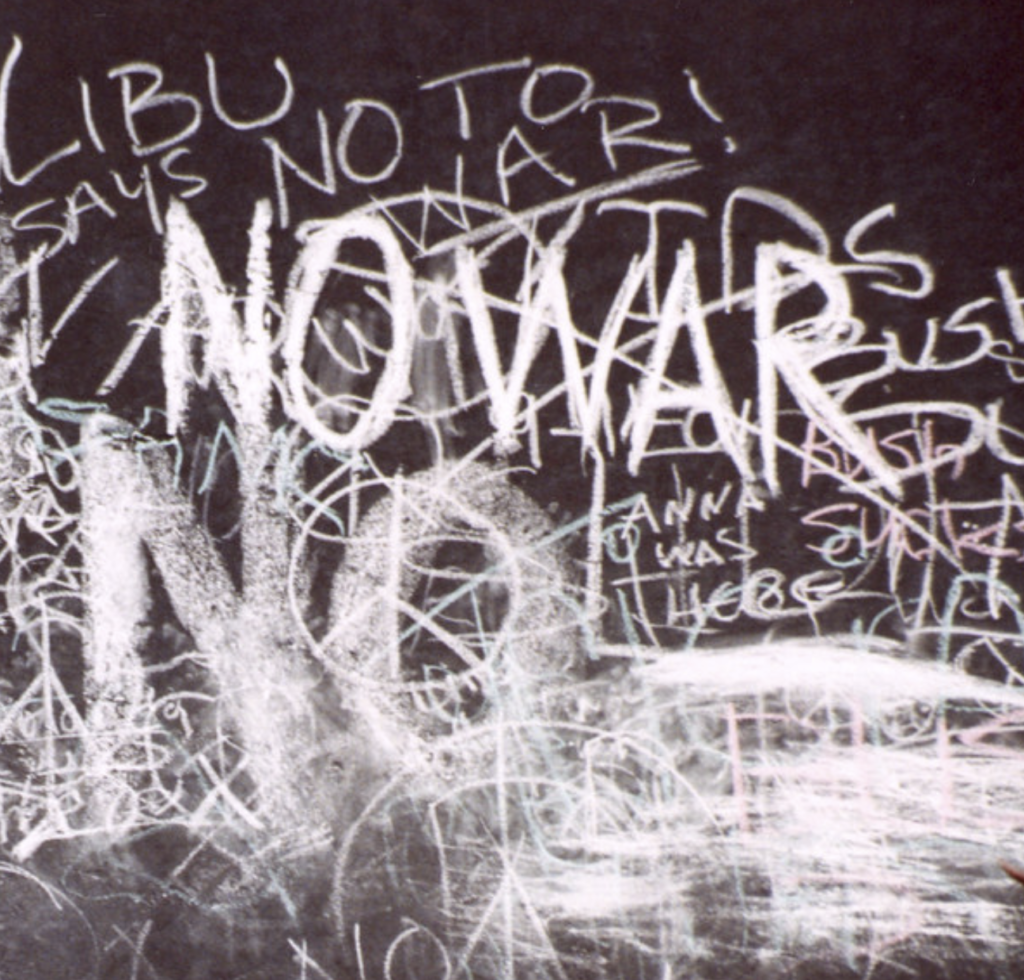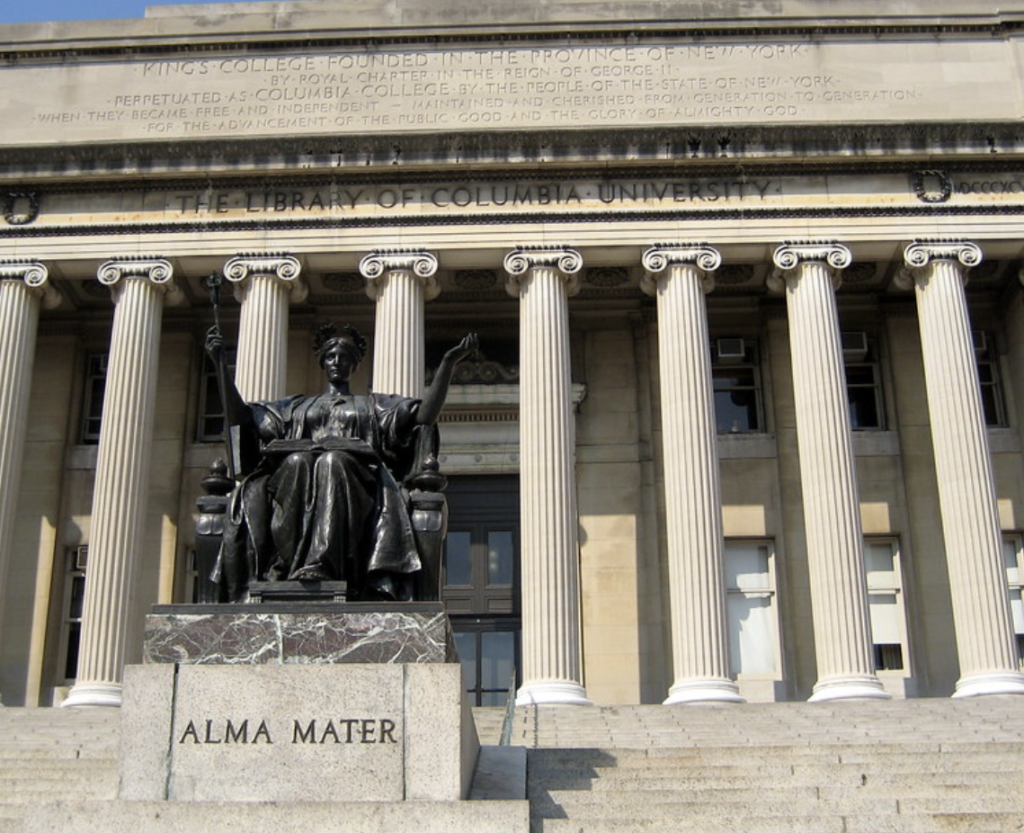Are higher education institutions fostering a unique civilian identity that nurtures student veteran experience and if so, how effective are they?
The transition into higher education has its own set of unique challenges for anyone. We join an academic community that has its own sets of rules and regulations that challenge us in numerous ways both physically and mentally. For veterans going into colleges and universities, the differences in socialization and culture between academia and the military provide a challenge for student veteran success. As veterans navigate a whole new bureaucracy, they also must begin to develop their identity outside the military sphere, all while striving for a degree. For student veterans, higher education institutions may be critical sites that foster new identities which raises the question of whether universities are well equipped to support that process and whether such institutions adequately understand the complex factors that shape veteran experience/identity.
Here you will listen to three chapters. (It is best to listen linearly). Each chapter will highlight student veteran experience in their own way. It is up to you to determine how you would like to interpret each clip.
Listening discretion is advised.

Chapter 1
Meet Kris Goldsmith. Kris is a veteran of the Iraq war. During the course of our three meetings, Kris talked about his time in Iraq and the trauma that his service left him with. In our first interview together, I had asked Kris to introduce himself in any way he wanted. The following is his story.

Chapter 2
Kris’s story will continue with a specific focus on his time as a student at Columbia University. You will also meet Beth Morgan. Morgan is the Director of Higher Education Transition and Partnerships at the Center for Veteran Transition and Integration here at Columbia University. A daughter of a career veteran and grew up living around the world on military bases and spending time around military personnel naturally led Morgan to enter the veteran space, specifically by working in higher education.

Chapter 3
Meet Professor Phil Napoli. Professor Napoli is currently the Chair of the History Department at Brooklyn College. He has taught classes centered around the Vietnam War, the United State’s History of War, Oral History, and Immigration. Here he recounts his experience working with and teaching student veterans and some of the challenges that came about